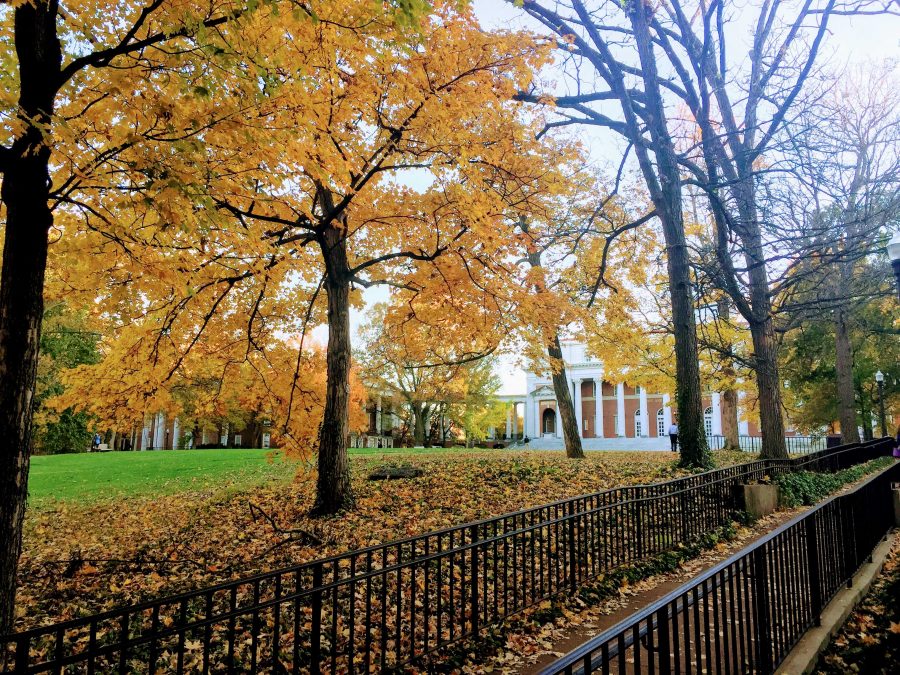Provost and Vice Chancellor of Academic Affairs Susan Wente put a planning phase in motion at the start of the academic year for initiatives focused on examining and addressing the status of women faculty, postdocs and students at the university. In support of this effort, Vice Chancellors Page and Kopstain are working on developing a metric to assess the status of female staff and a sustainable network of support for all women at Vanderbilt.
Both Provost Wente and Vice Chancellor for Equity, Diversity and Inclusion James E. Page expressed sentiments that this was the right to take such steps at Vanderbilt.
“Vanderbilt is always looking forward and always wanting to be a model for the right way to do things,” Wente said. “ I think that we aren’t afraid to look at ourselves and say ‘Here’s what we can do better’ and ‘Here’s what we want to aim for.’ So that is something that really excites me and I think that makes the campus a beautiful place to be.”
“You get to a point every now and then where you don’t necessarily have a flagship problem that is emerging but you do have things that you’re seeing that make people wonder what the larger societal commitment is towards our respect for a dignified experience,” Page said. “As we think about where we are at, I think this is the right time, the right moment to double down on our commitment to say that women are essential to the future of Vanderbilt that the educational and cultural contributions are critical for our future.”
Provost Wente first expressed interest in such measures in the February issue of her monthly newsletter, The Open Dore. In it, she commented that among the ongoing national conversation regarding sexual harassment and misconduct in the workplace she was beginning conversations on how Vanderbilt could contribute to the #MeToo and Time’s Up movements.
The Provost and Vice Chancellor expressed their determination to ensure that these will be sustainable long-term efforts.
“The questions is how do we create something that is really going to have a sustainable focus and is not gonna go away in 5-7 years but is gonna become a part of who we are, what we desire to become and how we do business,” Page said.
Provost Wente envisions a steering committee that is able to respond to arising problems dynamically. With two to three year membership that will renew itself, and in consultation with leadership would decide what areas or issues subcommittees would be addressing on a six-month or twelve-month basis.
As the administration and the committee evaluate where resources are being allocated and where they are needed, the Provost would be surprised if they found the need to develop additional resources. At this point, it is too early to tell what form those would take, as they would be developed on a case by case basis with deans of the schools and colleges.
An input form currently exists, where students, faculty and staff alike can provide responses (that can be anonymous or not) on their thoughts on the initiatives, or what they hope to see changed/achieved.
Vice Chancellor Page said, “I think it’s really important that we pay attention to the tea leaves, what people are telling us in our community, and we respect and humbly approach their data and their point of view.”
“All of that input is going to be used by the steering committee and the subcommittees for them to look at directly. So there is no filter,” explained Provost Wente.
Other forms of input will come from the periodic COACHE faculty satisfaction survey, the student quality of life survey, and the campus climate survey available in February 2019.
While the initiatives are still in the planning process, Provost Wente has solicited nominations for efforts that will involve students and faculty. Nominations have been solicited from the faculty senate executive committee, the deans of the schools and colleges, graduate student organizations, and VSG. Via the input form on the initiative, some have self-volunteered. Announcements regarding nominations will potentially come after Fall Break.
Wente emphasized that there are already programs in place at Vanderbilt aimed at the support of women and all individuals of the community regardless of gender. These include the Project Safe Center and the Provost Committee on Sexual Assault Prevention that is closely associated with VSAP.
“It’s not as if we have to start everything from scratch, but we’ll have a much more set of working groups, committees, task forces, and steering committees that will really be synergizing across all areas of campus to result in coordinated progress.”
Vice Chancellor Page and Vice Chancellor for Administration Eric Kopstain in support of Wente’s initiatives plan to concentrate their efforts on four key topics as they relate to women staff: career progression, work-life effectiveness, experience in the workplace and equity.
The two reaffirmed that the tone at the top was one of commitment and determination for the success of the initiatives on the status of women.
“I think this is a really exciting initiative, approach, what we’re trying to do here. . . I think all of our leadership is truly dedicated to understanding how do we assure that the secret to our success lies in our diversity and fully maximizing those skills and talents,” said Page.
“If you look at any of the initiatives that have launched in my prior four years as Provost and under the Chancellor’s prior 10 years as Chancellor, when we say we are going to do something we find the resources, we do it in a high-class way, we do it the Vanderbilt Way. This is not an event this is a process,” said Wente.

